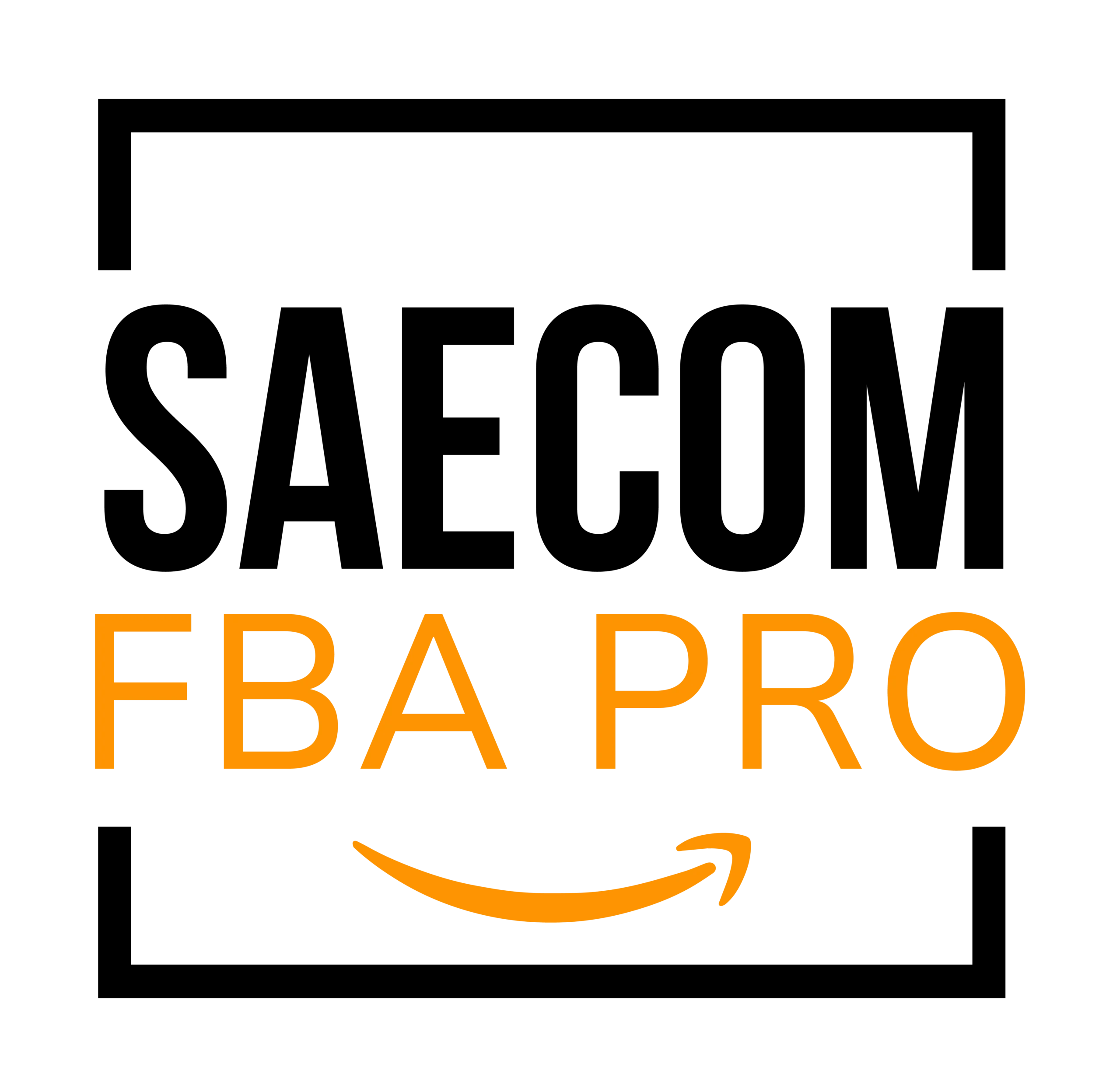Amazon Search Terms and Keywords: Key Differences
If you’re selling on Amazon, you’ve likely heard the term “keyword” countless times. To achieve success on the platform, you must focus on Amazon SEO, keyword research, listing optimization, and targeting the right keywords in your campaigns. While keywords are a central part of Amazon SEO, search terms play an equally significant role.
The definitions of keywords and search terms often sound similar, which can cause confusion. Many sellers ask, “What’s the actual difference between a keyword and a search term?” Let’s break it down for clarity.

Difference Between Keywords and Search Terms
Keywords are single words or phrases used strategically to enhance a product’s visibility and drive traffic through both organic and paid means.
Search terms, on the other hand, are the exact words or phrases that shoppers type into the Amazon search bar when looking for products.
The main distinction is that keywords are what you bid on in your PPC campaigns, while search terms are what customers use to find products. Your ads appear based on how these two align.
What Are the Different Keyword Match Types?
When running Amazon PPC campaigns, sellers can choose different keyword match types to determine how their ads are triggered by customer search terms. This feature defines how closely a customer’s search must match your chosen keyword for your ad to display.
Amazon provides three main keyword match types:
- Broad Match
- Phrase Match
- Exact Match
Broad Match Type
The broad match type allows your ads to show for a wide range of related search terms that include variations of your keyword. This option gives your ad the broadest visibility and is ideal for reaching larger audiences.
For example, if your keyword is “bracelet”, your ad could also appear for search terms like “gold bracelets for women” or “high-quality bracelets.”
Phrase Match Type
With phrase match, your ad appears when a customer’s search includes your exact keyword phrase along with other words before or after it. It’s slightly more targeted than broad match but still offers flexibility.
For instance, if your keyword is “gold bracelet”, your ad may show for “handmade gold bracelet” or “gold bracelet for women.”
This match type is great for maintaining a balance between reach and relevance.
Exact Match Type
Exact match is the most specific match type available. It ensures your ad only appears when a customer’s search term matches your keyword exactly, without any additional words.
For example, if your keyword is “handmade gold bracelet for women”, only the search term “handmade gold bracelet for women” will trigger your ad.
This method helps target a very precise audience, ensuring your ads appear to customers who are most likely ready to purchase.
Relationship Between Keywords and Search Terms

The connection between keywords and search terms lies in how Amazon matches them to display your ads. The keywords you select in your campaign are derived from the actual search terms customers use to find your product.
In simpler terms, keywords represent potential opportunities, while search terms represent real user behavior. One keyword (depending on its match type) can correspond to multiple search terms, and one search term can also relate to several keywords.
Metrics: Search Terms vs Keywords
| Metrics | Search Terms | Keywords |
| Impressions | ✅ | ✖ |
| Clicks | ✅ | ✖ |
| Spend | ✅ | ✖ |
| CPC | ✅ | ✖ |
| ACoS | ✅ | ✖ |
| Orders | ✅ | ✖ |
| Sales | ✅ | ✖ |
| CTR | ✅ | ✖ |
| Bid | ✖ | ✅ |
This table shows that search term data gives you insights into customer interactions, while keyword data helps manage bidding and campaign strategy.
Understanding Keyword Metrics and Their Connection to Search Terms
On Amazon Seller Central, the keyword-level metrics you see are aggregated from multiple search terms linked to that keyword.
For example, if your keyword “red water bottle” shows 5,000 impressions, it means the total impressions are combined from all related search terms under that keyword.
Here’s what that could look like:
- Search Term 1 – 1,000 impressions
- Search Term 2 – 2,000 impressions
- Search Term 3 – 2,000 impressions
Total: 5,000 impressions
So, the keyword’s performance metrics represent the collective performance of its associated search terms.
Conclusion
Grasping the difference between search terms and keywords is essential for refining your Amazon advertising strategy. By using the Customer Search Term Report, sellers can identify high-performing search terms and use them to enhance keyword targeting and campaign performance.
The more you understand the words customers use to find your products, the stronger and more effective your keyword strategy will become.


